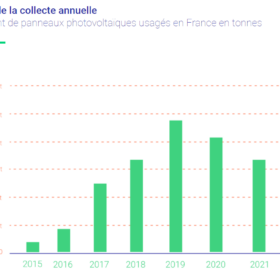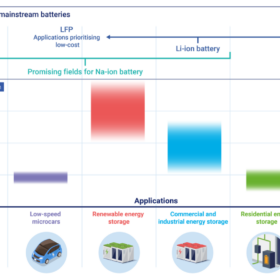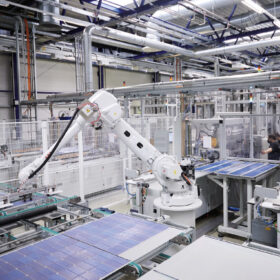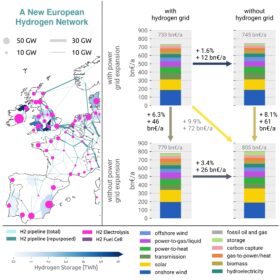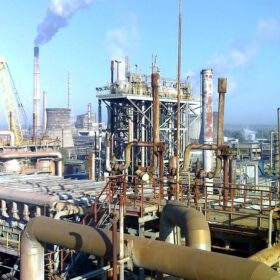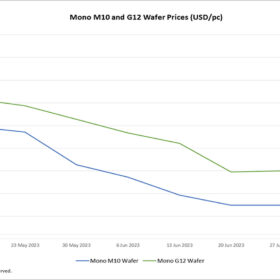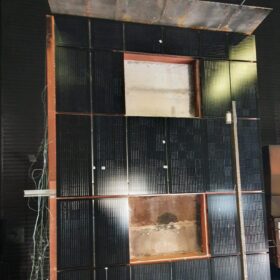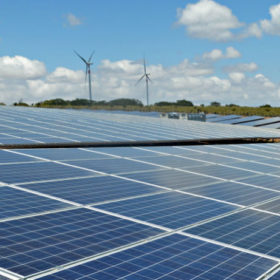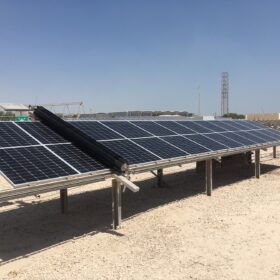France recycled 3,800 tons of solar modules in 2022
French eco-organization Soren, which collects and recycles end-of-life solar panels, has published its 2022 annual report. Last year, more than 10 million solar panels were put on the market in France, up 25% from 2021.
Sodium-ion battery fleet to grow to 10 GWh by 2025
Global demand for sodium-ion batteries is expected to grow to just under 70 GWh in 2033, from 10 GWh in 2025, at a compound annual growth rate (CAGR) of 27%, according to UK-based market research company IDTechEx.
Meyer Burger gets $224 million for 3.5 GW solar cell, module plant in Europe
Swiss manufacturer Meyer Burger Technology AG says it will probably build a new 3.5 GW factory at an unspecified location in Spain. The EU Commission is expected to issue a formal decision on granting funding for the project by the end of this year.
The Hydrogen Stream: Hydrogen grid could cut Europe’s energy costs by 3.4%
German researchers say gas-grid retrofits for hydrogen transport, combined with power grid expansion, could decarbonize Europe’s economy, while S&P says the global ammonia trade could expand by nearly 10 times by 2050.
The Hydrogen Stream: Scientists use perovskite compound to store ammonia
Japanese scientists have developed an organic-inorganic halide perovskite compound for the chemical storage of ammonia (NH3), while Bosch is preparing to exhibit new products in the hydrogen value chain.
Mixed price signals for solar wafers, narrowing spread between M10 and G12 wafer prices
In a new weekly update for pv magazine, OPIS, a Dow Jones company, provides a quick look at the main price trends in the global PV industry.
Addressing the intricacies of BIPV fire safety
The adoption of building-integrated photovoltaics (BIPV) has been hindered by the complexity of fire safety standards, creating challenges for manufacturers and suppliers. However, efforts such as the IEA PVPS Task 15 report and collaborative research have shed light on the importance of comprehensive guidelines, reliable testing laboratories, and international cooperation.
The solar glass opportunity in India
Large capacity addition in solar modules by 15-20 players is likely to drive domestic solar glass demand, say CRISIL analysts in an interview with pv magazine. New players have expressed interest to set up solar glass manufacturing in India, however, import duty removal last year on solar tempered glass has put them in a wait and watch mode.
India will add 45 GW of renewable energy capacity over next two fiscals, says CareEdge Ratings
India will install around 20-25 GW of new renewable energy capacity annually over the next two fiscals, driven by a healthy project pipeline and a strong bidding roadmap. The decline in solar module prices and one-year relaxation for the approved list of module manufacturers (ALMM) bode well for the capacity addition.
Assessing shading effect of cleaning robots in solar farms
Qatari researchers have looked at the degree to which cleaning robots reduce PV plants’ yield with the shade they produce on the panels. They found that module orientation has an enormous effect on the impact of shadow.
